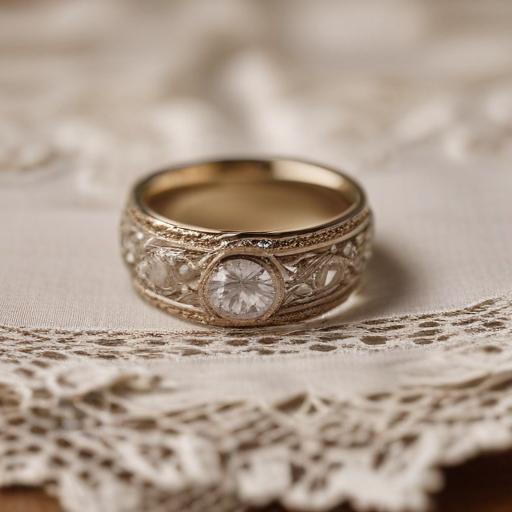In the third episode of the highly-anticipated season of “The Gilded Age,” tensions rise as Bertha Russell continues her relentless pursuit to secure a advantageous marriage for her daughter, Gladys. The episode reveals Bertha’s negotiating prowess in her dealings with Hector the Duke, where her aggressive tactics clash with Hector’s expectations of a richer financial arrangement. While George concurs with Bertha’s ambitious plans, Hector’s discontent leads him to walk out, setting the stage for additional drama regarding Gladys’s future.
The ongoing struggle between Bertha and societal norms highlights her single-minded determination to not only gain entry into high society but to dominate it. Her calculated approach to arranging Gladys’s marriage reflects her unwavering ambition, contrasting sharply with Gladys’s more naive optimism about her circumstances. This power dynamic not only showcases Bertha’s influence within her household but also her cunning in navigating societal expectations.
Other subplots unfold as characters navigate their own romances and household power struggles. Marian’s budding relationship with Larry faces scrutiny after they are spotted together, leading to unnecessary panic and commentary on societal propriety. Meanwhile, Agnes and Ada grapple with their shifting roles within the household, signaling broader themes of societal change and the evolving nature of power among women during this era.
A particularly noteworthy element of this episode is Peggy’s storyline, which offers fresh perspectives on race and class as she interacts with Dr. William Kirkland in Newport. The complexity of their relationship is compounded by family dynamics and societal expectations, adding depth to her character and experiences. The episode effectively uses Peggy’s encounters to delve into issues of colorism and acceptance, enriching the narrative tapestry of the series.
As the episode unfolds, Bertha’s relentless ambition culminates in a pivotal moment when she successfully arranges the marriage settlement for Gladys and Hector, her ambitions seemingly paying off despite the hurdles. The episode closes with a sense of anticipation, hinting at the marriage of the century and leaving viewers intrigued about the future implications for Gladys and her relationship with Hector, as well as Bertha’s overarching influence on her life.
Overall, “The Gilded Age” continues to explore the intricate interplay of power, ambition, and the pursuit of happiness amidst societal constraints. With a mix of drama, romance, and social commentary, viewers are left eagerly anticipating the next developments in the lives of these captivating characters.
